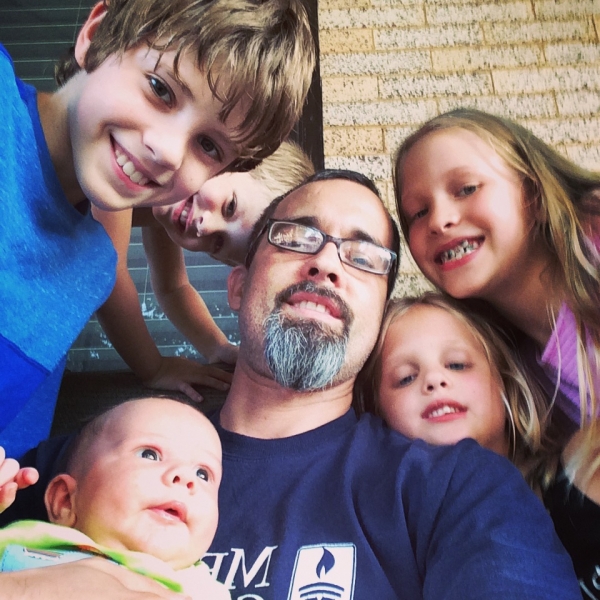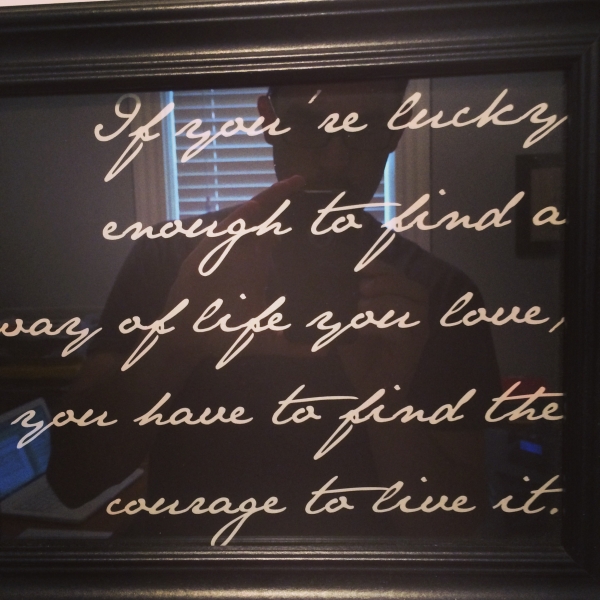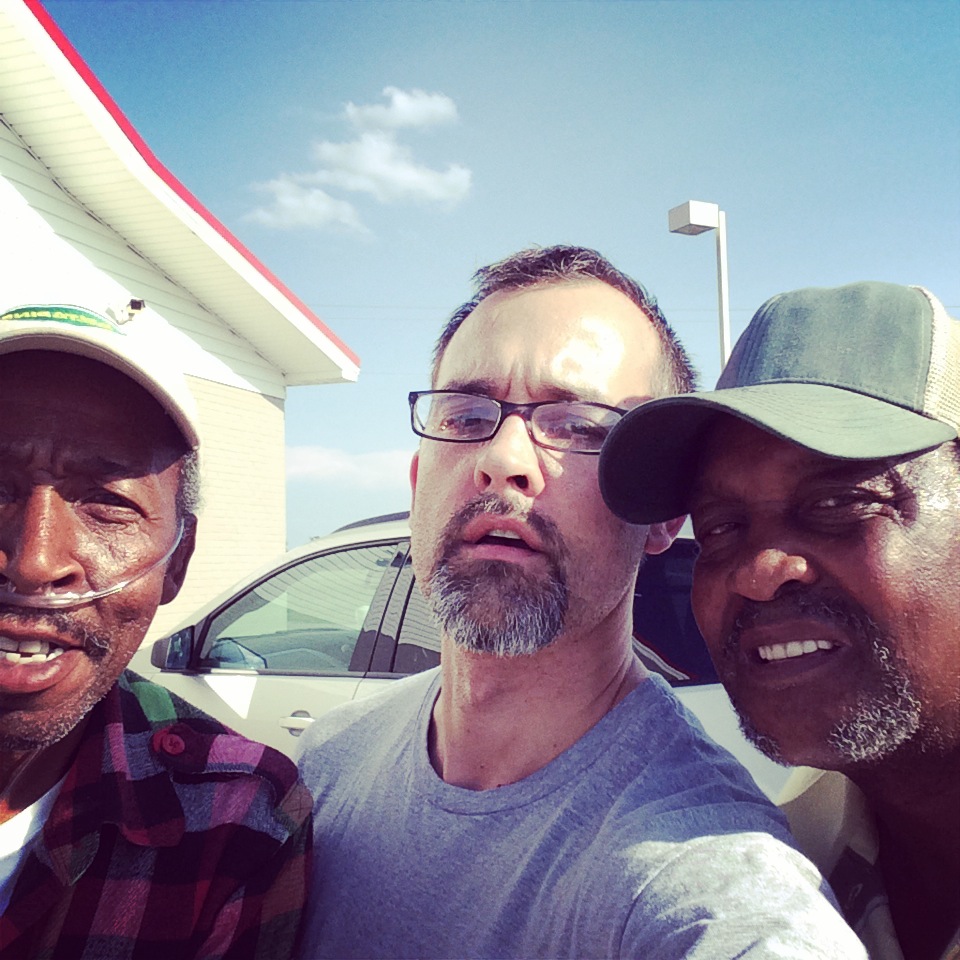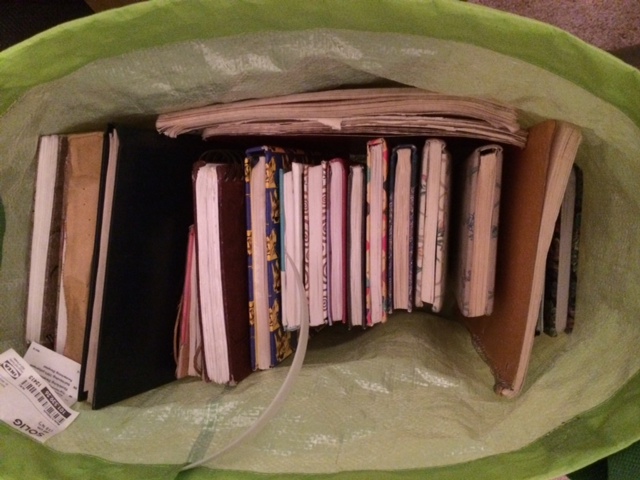 “You know,” Maile said, hesitantly, “I was talking with Abra last night when I was tucking her into bed.”
“You know,” Maile said, hesitantly, “I was talking with Abra last night when I was tucking her into bed.”
“Yeah?” I asked. “What did she say?”
“She said, ‘I don’t like it when Daddy brings his stupid screens into my room at night. He doesn’t even cuddle me or read to me anymore – he just looks at his computer.'”
Yes, that sound you heard was the wind getting knocked out of me.
* * * * *
I’ve been smack dab in the middle of the busiest season of my writing life – multiple projects coming to a close. Multiple exciting projects. Then, on top of that, I promised my children that I would publish the story I wrote for them by the end of the year. It’s relatively easy for me to compartmentalize my nonfiction work, keeping it corralled between the hours of 8 and 5.
But fiction is another animal for me.
Once I start, I can’t stop. I am notoriously poor at setting and keeping boundaries when I am in the middle of writing a novel – it creeps into the other hours of my life, the way a drop of red food coloring swirls and clouds quickly through clear water. A little extra time after dinner? Finish another chapter. A little time before bed? Revise that opening section. Just a minute kids. Wait a second. I’ll be right there.
So when Abra started needing someone to sit with her until she feel asleep – which, mind you, is a far from instantaneous process – I thought, here are 45 minutes I could be using to write. So I started taking my laptop up to her room, where I’d work until she fell asleep.
But little eyes and little hearts are very observant, and they watch, and they keep track of the things that we prioritize.
* * * * *
It’s easy to Facebook our victories, to Pin our beautiful lives. It’s fun to Tweet about the cute things my children say or to Instagram all of us in a big circle, hugging each other and acting like nothing bad ever happens. But the reality is that I am a parent made up of a bundle of mistakes and missteps, disappointments and shortcomings. The seven of us here in this house will disappoint each other and hurt each others’ feelings – hopefully we’re creating an environment where we can also talk about these things, and apologize, and forgive each other, and love each other well.
* * * * *
On Sunday morning at St. James Episcopal Church, Cade and Lucy came back to our pew after children’s church was over and just before communion was served.
“Where’s Abra?” I asked.
“She’s with Reverend Lauren,” Lucy said.
“Yeah,” Cade said, “she’s going to help Reverend Lauren with something.”
“Oh, okay,” I said, looking around but not seeing her.
Then I found her. She had been asked to help bring the gifts to the front of the church for communion, she in her little jean shorts and pink top, she with her short blond hair and big blue eyes. She walked solemnly in the procession. Then, after handing it off to the ministers at the front, she walked quickly around to the side, arms straight down at her side, a look of holy excitement on her face.
“Great job, Abra!” I said as she slid into the seat beside me. She wrapped her arms around my waist, and I wondered if she had been holding her breath the entire time.
* * * * *
“Abra was ready ere I called her name. And though I called another, Abra came.”
John Steinbeck, East of Eden
* * * * *
“Abra,” I said when I took her up to bed Sunday night. “I’m not going to bring any screens up here any more when I tuck you in, okay?”
She smiled. We read Cinderella, then turned out the lights. I lay beside her and she put her little arm up over my shoulders. And we both fell asleep.




